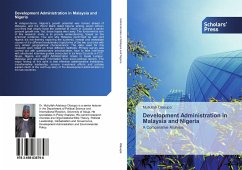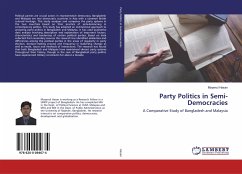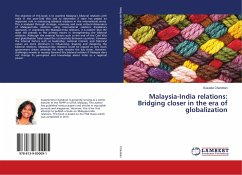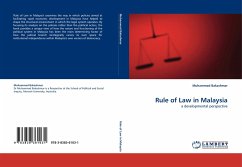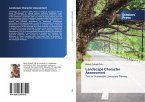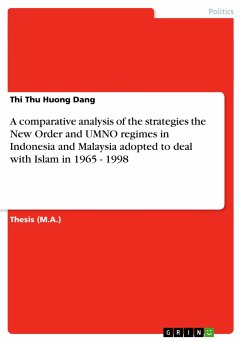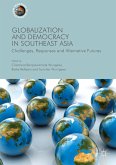At independence, Nigeria's growth potential was ranked ahead of Malaysia, and the World Bank listed Nigeria among seven African countries that clearly have the potential to reach or surpass a seven percent growth rate. Yet, these hopes went awry. The fundamental aim of this research study is to provide understanding, based on the empirical evidence, how and why Malaysia performed so well and Nigeria did not thereby exploring the systemic, remote and immediate causes of the different evolutionary trajectories of the two countries with very similar geographical characteristics. The data used for this research work relied on three different methods. Primary survey was carried out with questionnaire administration, face to face interviews with structured interview guides conducted in six Area Councils in FCT, Abuja, Nigeria and eight Administration Areas in Kuala Lumpur, Malaysia and secondary information from socio-political reports. The major finding of this work is that effective administrative institutions, transformative leadership, sincere investment efforts and policies explain much of the catch-up story of the development administration in the two countries.
Bitte wählen Sie Ihr Anliegen aus.
Rechnungen
Retourenschein anfordern
Bestellstatus
Storno

